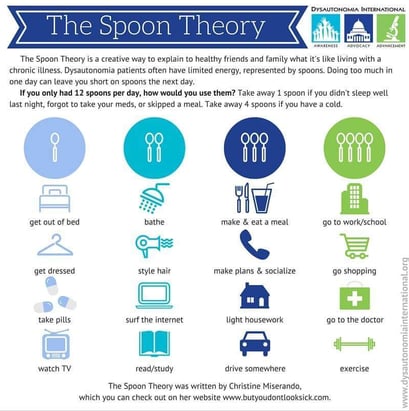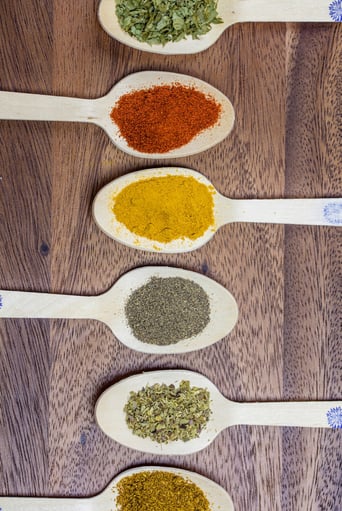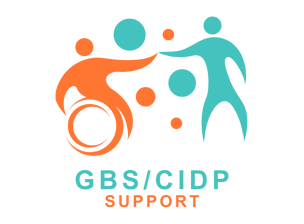Spoon Theory


The spoon is an arbitrary unit of capacity for action throughout the day. A spoon doesn’t have to be only physical energy. Mental energy, or executive function can all be represented by spoons.
You wake with a certain number of spoons. How many you have depend on you as an individual, your conditions and environment. It’s not always the same, and may vary with time. Throughout the day, you spend those spoons on tasks. Brushing your teeth might be one spoon. Making a meal could be three. A day’s work might be six or more. Costs vary between individuals, and for some a trivial task may be quite costly or vice versa. To a person with limited spoons, this can mean making hard choices between daily activities, and can result in reaching the end of the day without the spoons to eat or wash – only sleep. Worse, being severely low on spoons can, for some, even make sleep difficult.
Spoons are only recovered by rest. As mentioned, being low on spoons can sometimes make even this hard, and leave us waking with fewer spoons than expected. It’s common to try to “save up” spoons for a big expenditure, but we have our limits. It’s never as much as an abled person.
A common phrase is “I don’t have the spoons for this.” This means a person feels that engaging in an activity would be too costly to their energy today, or even cost them tomorrow’s energy as well, or that they’re already too low. Be considerate when we say this.
For some, spoons can come in different sizes. You may have some large spoons, and several small ones. In this case, it means your allotment of energy can’t so easily be consolidated for different tasks. You can keep spending small spoons on little things but while you don’t have enough large ones, even if the total volume of small spoons would add up to it, you simply cannot do it.
For many of us, our disabilities are invisible. While spoons are high, we might appear perfectly abled in energy and behaviour, even though the very next task might be the last one we can do in the day before collapsing.


The United Cutlery Theory


Fork Theory
Forks are stressors. You can only cope with so many stuck in you before you hit your limit and their very presence can limit your ability to spend and recover spoons.
Anything that makes you feel worse can be a fork, even as little as feeling hungry. Financial or relationship stress can be even bigger forks. When you hit your limit, you’re done. You cannot handle any more. This is especially relevant for neurodivergent people. For example, sufficient forks can force someone to cry uncontrollably for an hour and/or become nonverbal. Our forks may be so much different from those of neurotypicals, so much that they’re invisible.
How an individual is able to handle quantity and size of forks varies greatly. You may be tolerant of any number of tiny forks stuck in you, but a single pitchfork can destroy you in one go, or you might be able to tolerate a huge fork but it leaves very little room for smaller ones. The “straw that breaks the camel’s back” can apply here, albeit in this case, it is a fork that does so.
Having too many forks can mean you can’t access your spoons, even if you’re full up. Dealing with removing forks themselves is often a costly task. Sometimes the only thing you can do is abandon your current situation and try to remove the fork you can get rid of the fastest. (Sometimes, those forks are people!)


Some may call you a warrior;
Some may call you an inspiration;
Some may even call you by name;
The lucky ones will call you friend;
But a special few, those in-the-know,
will call you a spoonie.


Knife Theory
Sometimes you are out of spoons, or are too full of forks to access them. but you decide to keep going. The only thing left in the drawer are knives. A knife represents overspending of energy that draws from the future, to push yourself, sometimes dangerously, beyond your limits.
A knife can be spent in place of a spoon, again varying in size and amount depending on the individual and the tasks at hand. It can be that this works and you get it done, but you know that tomorrow it will cost you.
Knives can hurt. Each spent might take away one spoon from tomorrow. They might take more. And that means without so many spoons, you can only spend further knives. This can result in a spiral of ever-increasing fatigue until you have nothing to spend but knives Once you reach your limit of those, you crash. You could sleep over 20 hours due to extreme overspending. Sometimes the aftereffects last the rest of the week.
Not all of us can even reach for the knives, so be considerate when someone can’t push themselves, even if you think they should. Consider also how much harm it can do to perform this exertion.
How to Help
Recognise that we are disabled, even if we don’t look it. Respect us, and inform others about invisible disability.
Respect that we can’t do as much as you, and that we might not want to do something due to its cost. Even if it would cost you nothing.
If you want to help (and please, do not be offended and push if we refuse), you can do things to reduce our daily cost in spoons. Help clean, make meals, with the understanding that we are not lazy - we are limited. We often feel tremendous guilt at not being able to help with daily chores.
If we have forks that you can help remove (and we tell you), perhaps put in some effort to make sure they don’t get stuck in again. This might include changing daily activities to be more accommodating and removing stressful triggers.
And if we are well into our knives, let us rest. We might rest for days. Don’t make us get up and face the day full of fatigue. Perhaps help with tasks which we’d normally have no problem with.






Having GBS/CIDP/MMN
is like running a marathon
while spinning in circles
with an elephant
sitting on your chest
after two weeks without sleep
while having the flu.
I'd like to see you try it.
Supporting Australians with GBS, CIDP, MMN and related conditions.
© GBS CIDP Support 2025. All rights reserved.
ABN 99 400 279 454


242 Elsworth Street West,
Mount Pleasant VIC 3350
0484 293 889
0412 180 971



GBS CIDP Support is a Registered Charity with the Australian Charities and Not-for-profits Commission (ACNC) and is endorsed as a Deductible Gift Recipient. All donations of $2 or more towards our cause are Tax Deductible.

